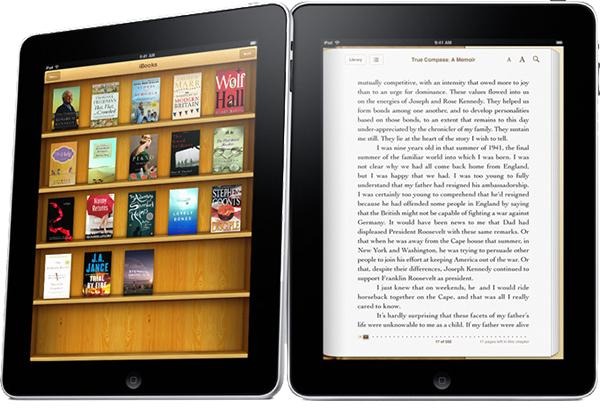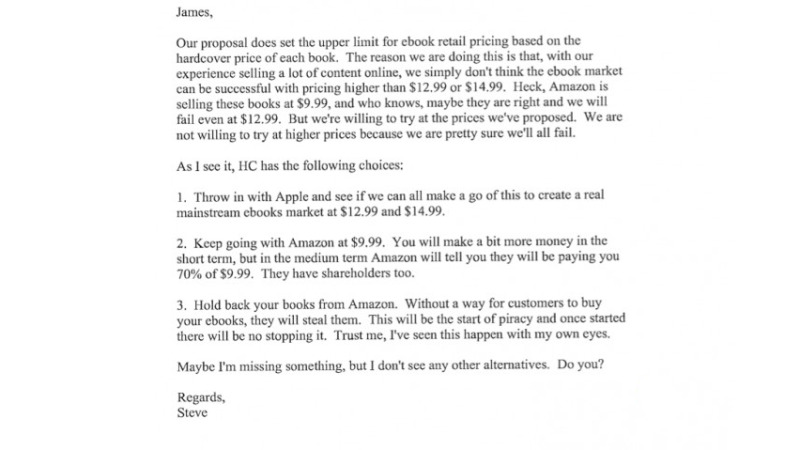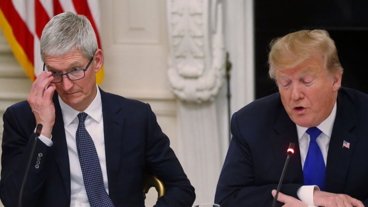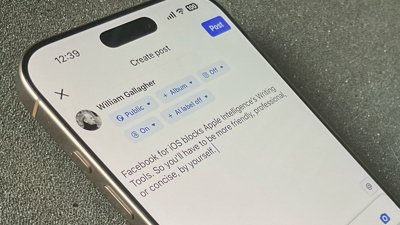Several organizations — the Authors Guild, Authors United, Barnes & Noble, and the American Booksellers Association — have filed an amicus brief with the Supreme Court, backing Apple in its attempt to appeal a 2013 antitrust case over e-book deals.
The findings by lower courts against Apple "threaten to undermine the very objective of antitrust law — to ensure robust competition," according to the brief, discovered by Publishers Weekly.
"We fundamentally question the wisdom of the Second Circuit's use of antitrust law to punish a business arrangement that demonstrably increased competition in the e-book marketplace," said the Authors Guild's executive director, Mary Rasenberger, in an official statement.
The brief even claims that Amazon's once overwhelming dominance of the e-book industry, achieved partly through lower prices, was a threat to "a healthy marketplace for the ideas and First Amendment-protected expression that authors and bookstores facilitate," and that Apple's iBooks Store and push for agency pricing helped promote "the robust discourse that is vital to democracy."
Amazon once controlled 90 percent of the e-book market, giving it the power to suppress writers or publishers with which it disagreed, the brief argues. This allegedly extended to decisions on which books to promote on its homepage or recommend to shoppers. The brief specifically cites confrontations with publishers Macmillan and Hachette, which did in fact result in some books temporarily disappearing from Amazon's website.
In July 2013, U.S. District Judge Denise Cote ruled in favor of the Justice Department, which argued that Apple had conspired with book publishers in 2010 to inflate e-book prices. It allegedly did this by encouraging publishers to switch to an agency model, and getting them to sign a "most favored nation" clause in their iBooks contracts — guaranteeing that Apple would always have equal or better prices. Subsequently, the average price of e-books climbed several dollars.
One of the most damning pieces of evidence in the case was an email from former Apple CEO Steve Jobs, sent to Harper Collins' James Murdoch, in which he specifically targeted Amazon and discussed wanting to "create a real mainstream ebooks market at $12.99 and $14.99." At the time, Amazon was often selling e-books for $9.99.
 Roger Fingas
Roger Fingas









 Malcolm Owen
Malcolm Owen
 William Gallagher
William Gallagher

 Andrew O'Hara
Andrew O'Hara
 Wesley Hilliard
Wesley Hilliard


 Marko Zivkovic
Marko Zivkovic




-m.jpg)



